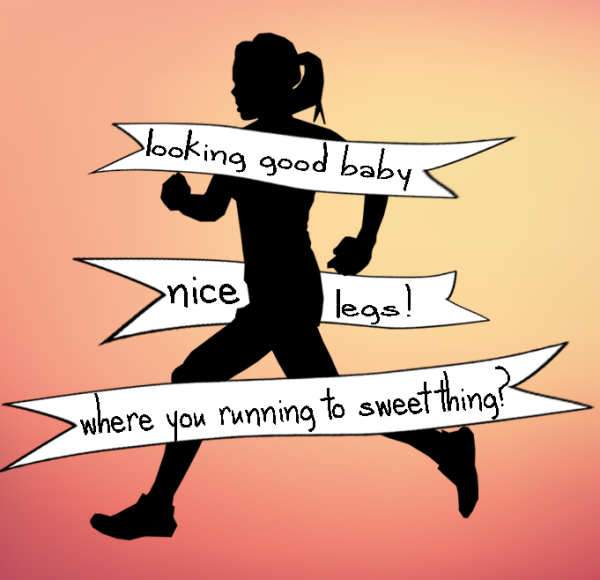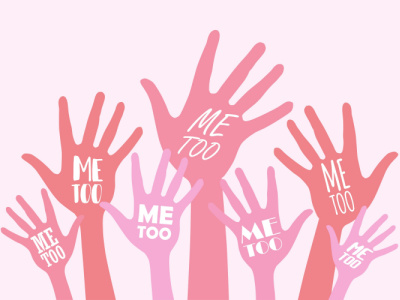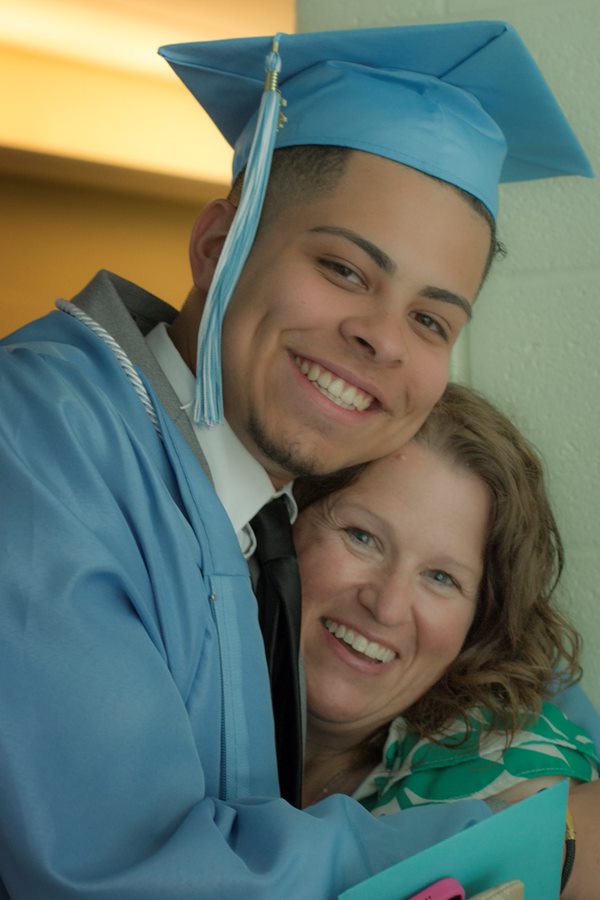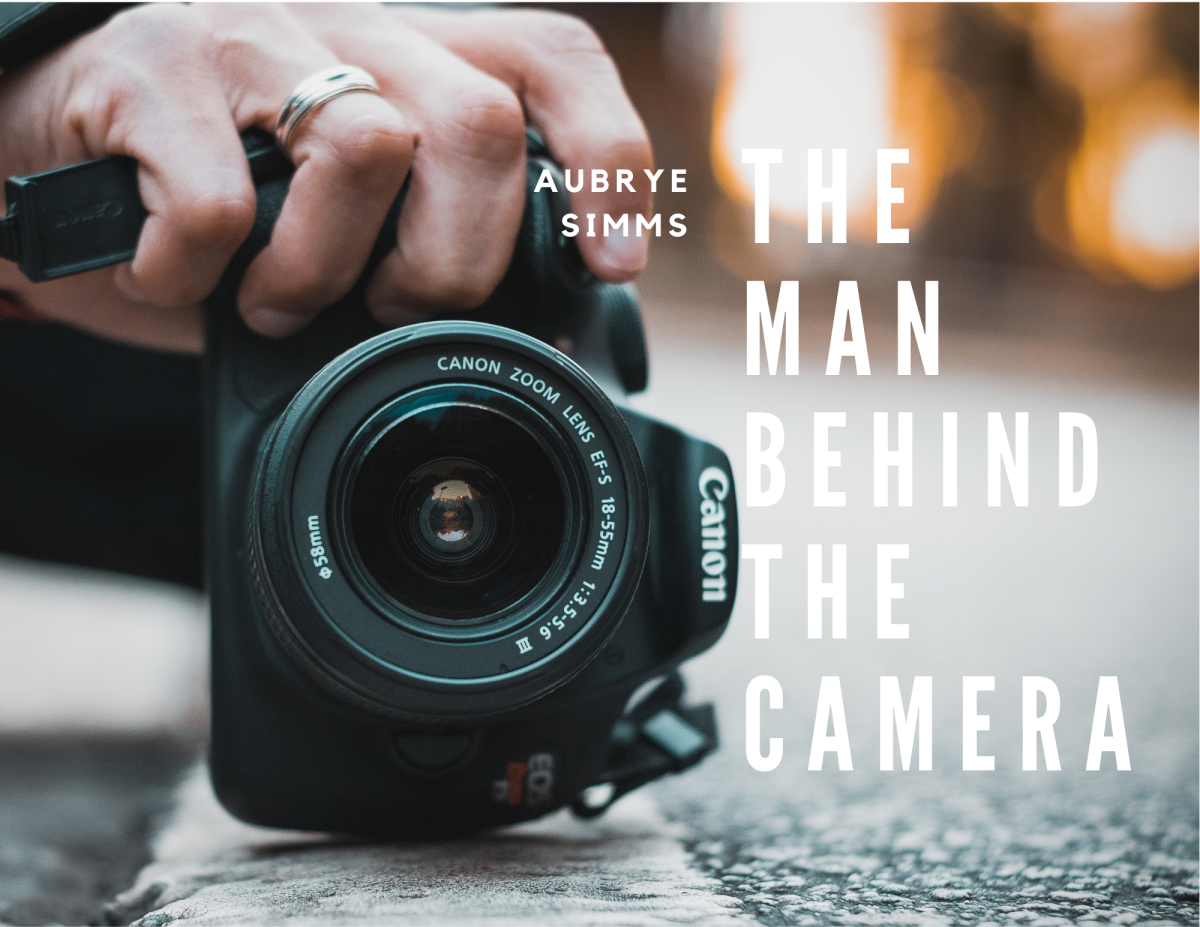“Give me a smile,” the man passing by says. What do these words mean to you?
“When I think of a man asking a woman to smile, I imagine it as more of a demand than a question. A man demanding his wants from a girl in order to satisfy himself while overlooking the girl as a human being all together.” says 17-year-old Aubrye Simms

Women are constantly being upheld to ladylike standards, put in place to satisfy the man in their lives or the ones passing them on their way to work. But as we’ve seen throughout time, women have had their brains hardwired to be comfortable with the uncomfortable, hardwired to have a polite soft smile and reply with “thank you” as they’re cat called while out for a jog, hardwired to stay in an unsafe situation because speaking up will only “overdramatize” it. These standards have proven to be harmful to women in situations of sexual assault and harassment.
Victim Blaming and Self-Shame
In 2021, University of Miane researcher Sanda L. Caron interviewed college women from the ages of 19-24, to get to the root of why their sexual assaults went unreported.
“I felt as if it was my fault and I asked for it by being flirtatious and wearing a short dress,” one woman told the researchers.
These women, alongside billions of others all across the world, are in one way or another, meant to feel the blame of situations in which they are victims. Varying from a simple whistle on the street, to being violated by a trusted adult, society has instilled in them subconsciously, and consciously, from the ripe ages of girlhood to “keep quiet.”
MeToo Movement
The 2017 #MeToo movement was the first real wakeup call about the sexual abuse taking place in professional and personal environments. The viral hashtag has become a global movement to aid and support survivors of assault and abuse. MeToo founder, Tarana Burke, stated in an interview how she wasn’t sure of what would come from the popularization of her statement, but she found contentment in the results.
“So many people had pulled these memories from the pits of their stomachs and the recesses of their minds. They came forward not knowing what would come next but feeling far too compelled by the promise of community to let the moment pass them by.”

You Are Not Overthinking
Trust your intuition; trust that you aren’t over thinking. If you’re uncomfortable, then there’s a reason you’re uncomfortable.
As women, especially in settings with people we will have to see again, we have all had those uncomfortable moments where you choose not to speak up, to avoid an awkward situation for everyone else. No matter how deep the pit in your stomach may feel, it is no comparison to feeling like the girl in the room.
“Frequently, as women, we will assume that the harassment is our own fault, that we deserve the harassment we’re receiving. For women working within traditionally male-dominated industries as I do, this discrimination and harassment is frustratingly commonplace, and is too often seen as the price one pays to belong to the “boys club,” says Liane Tesser in ‘GUTSmagazine’s article on “Why Women Don’t Speak Out.”
It is not a woman’s job to belittle trauma, to cushion the situation for a man. It is okay to draw attention to the situation if it concerns your safety. And it’s okay to harm a man’s ego in order to protect your wellbeing and yourself.
Remember: Perpetrators are ALWAYS 100% responsible for the occurrence of sexual violence.
National Domestic Violence Hotline
Hotline: 1 (800) 799 – 7233
Available 24 hours a day, 7 days a week via phone and online chat.
The National Domestic Violence Hotline (The Hotline) is available for anyone experiencing domestic violence, seeking resources or information, or questioning unhealthy aspects of their relationship.
Love is Respect – National Teen Dating Abuse Hotline
Hotline: 1 (866) 331 – 9474
Text: 22522
Available 24 hours a day, 7 days a week via phone, text, and online chat.
Love is Respect offers information, support, and advocacy to young people who have questions or concerns about their dating relationships.












